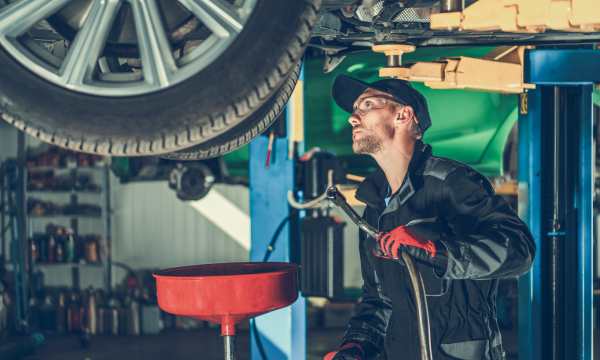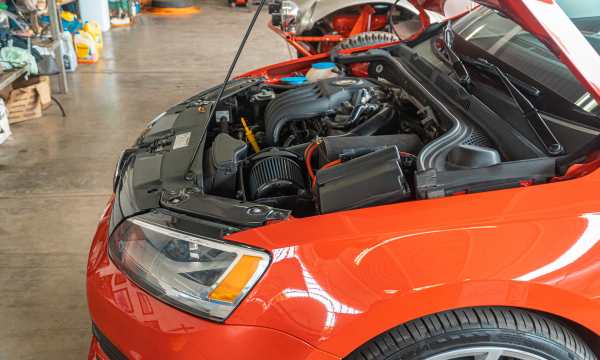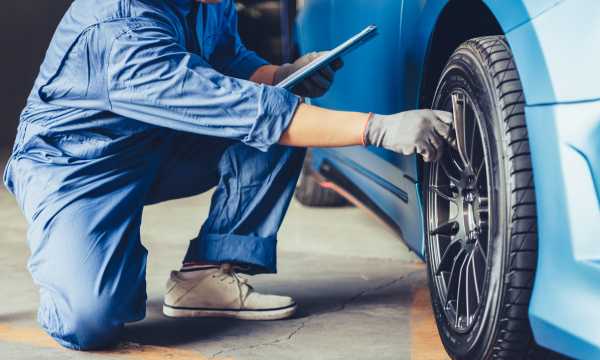Engine Maintenance Tips for Maximum Performance
Proper care of your car’s engine is important to get the most out of it and ensure that it lasts as long as possible.
When you take good care of your engine, it will run better, use less gas, and you won’t have to pay for expensive repairs if it breaks down. This article explains how to maintain your car’s engine to keep it running smoothly.
1. Change the Engine Oil Regularly:
Motor oil keeps your engine running by lubricating moving parts, reducing friction and dissipating heat. Over time, engine oil breaks down and becomes contaminated with metal chips, debris, and other items. This makes it less useful. As your vehicle’s manufacturer advises, it’s crucial to change your engine oil frequently. For regular oil, this means that it must be replaced every 3,000 to 5,000 km. For synthetic oil, mileage can range from 7,000 to 10,000 miles. For optimal performance and safety, always use the grade of oil supplied with your vehicle.
2. Install a New Oil Filter:
When changing the oil, the oil filter must also be replaced. The oil filter prevents contaminants from passing through the engine by trapping them. If the oil filter becomes clogged, the engine can wear out faster and reduce oil flow. When you change your oil and use a good oil filter, you ensure that clean oil flows through your engine, which helps protect your engine and keeps it running better.
3. Check and Replace the Air Filter:
The air filter prevents dust, dirt and other particles from the air from entering the engine. A dirty or clogged air filter blocks airflow, reducing engine efficiency and performance. Regularly checking and replacing the air filter can help your car reduce fuel consumption, reduce pollution and prevent engine damage. The air filter should be replaced approximately every 12,000 to 15,000 miles, but this can change depending on how you drive.
4. Keep the Cooling System in Good Condition:
Your engine’s cooling system prevents it from overheating and should therefore be checked regularly. The thermostat, water pump, radiator and coolant are all included. It is important to maintain the coolant level at the proper level and replace old or contaminated coolant according to the manufacturer’s instructions, usually every 2 to 5 years. Keeping your cooling system in good condition can prevent overheating, corrosion and engine damage.
5. Check Hoses and Belts:
V-belts and lines are very important to the way your engine works. The timing belt keeps the crankshaft and camshaft in sync, allowing the engine to turn easily. Serpentine belts drive auxiliary functions like the alternator and air conditioning. Coolant and fuel move through rubber tubes. Check these parts regularly for cracks, wear, or leaks and repair them if necessary to prevent engine failure.
6. Make Sure the Fuel System is Clean:
A clean fuel system ensures that the engine receives the correct amount of fuel and air, improving performance and fuel economy. Over time, fuel injectors can become clogged, causing your engine to run poorly. A good injector cleaner can help keep your fuel system clean. Additionally, replacing your fuel filter as recommended in your vehicle’s maintenance schedule can prevent contaminants from entering and causing damage, keeping your engine running smoothly.
7. Regular Maintenance of the Ignition System:
The spark plug, ignition coil and spark plug wires that make up the ignition system ignite the fuel-air mixture in the engine. Worn spark plugs can cause misfires, poor fuel economy and increased pollution. Inspect and replace spark plugs and other ignition parts according to the manufacturer’s instructions to ensure your engine is running optimally.
8. Make Sure You Use High-Quality Fuel:
Using high-quality fuel keeps your engine clean and makes it run easier. Poor-quality fuel may contain contaminants or less detergent, which can cause sediment to build up in the engine and fuel system. Not all vehicles require high-quality fuel, but it is important to follow the octane rating in the owner’s manual to keep your engine healthy and running properly.
9. Pay Attention to the Indicator Lights on the Engine:
Modern cars have high-tech sensors and computer systems that monitor how your engine is performing and let you know if something is wrong. If the check engine light or other engine-related warning light comes on, correct the problem immediately. Ignoring these signals can lead to bigger problems that will be expensive to fix in the future.
Conclusion:
To keep your car running easily, safely and efficiently, your engine needs regular maintenance. By using these important tips, you can get the most out of your engine, extend its life and prevent it from breaking down when you least expect it. Be sure to check your car’s owner’s manual for specific maintenance tips and schedules for your car. Remember, taking the time to maintain your motorcycle will save you money and effort in the long run and make driving more enjoyable and safer.
FAQs:
1. How often should I change my car’s oil?
How often you should change your oil depends on the type of oil you use and the needs of your car. If you drive between 3,000 and 5,000 miles, you should change your conventional oil. Synthetic oil, on the other hand, can last between 12,000 and 16,000 kilometres. Be sure to check your car’s owner’s manual for the manufacturer’s recommendations.
2. Why does the air filter need to be replaced and how often does it need to be replaced?
Cleaning or replacing your air filter is important to prevent dust and dirt from entering your engine and slowing it down. A clean air filter can help your car use less gas, reduce pollution and prevent engine failure. The air filter should be replaced approximately every 12,000 to 15,000 miles, but this can change depending on how you drive.
3. What are the signs that my car’s cooling system needs repairs?
If your engine is running hotter than normal and you see coolant leaks, steam coming from under the hood, or a coolant warning light on your dashboard, it may be time for cooling system maintenance. Regular maintenance and inspections can help prevent overheating and engine damage.
4. How do you judge whether the spark plug needs to be replaced with a new one?
If you are having trouble starting your car, you may need to replace the spark plug. Other signs include engine failure to start properly, slow acceleration, high fuel consumption and rough idling. Spark plugs should be replaced every 30,000 to 100,000 miles, but this depends on the type, make and model of your car.
5. Will using the wrong fuel affect engine performance?
Yes, using the wrong fuel can make your engine run worse. Poor-quality fuel can cause deposits in your engine and fuel system, making them less efficient and effective. Always follow the octane rating provided with your car’s owner’s manual to keep your engine healthy and running at its best.
 Car Maintenance Tips
Car Maintenance Tips
Discover essential car maintenance tips to keep your vehicle running smoothly and efficiently. 1. Introduction Regular car […]
More Seasonal Car Maintenance Tips for Year-Round Performance
Seasonal Car Maintenance Tips for Year-Round Performance
Maintaining your car is important to ensure that it lasts as long as possible, remains safe and […]
More Top 5 Essential Car Maintenance Tasks Every Beginner Should Know
Top 5 Essential Car Maintenance Tasks Every Beginner Should Know
For beginners, it can be difficult to find your way around the field of car repair. That […]
More